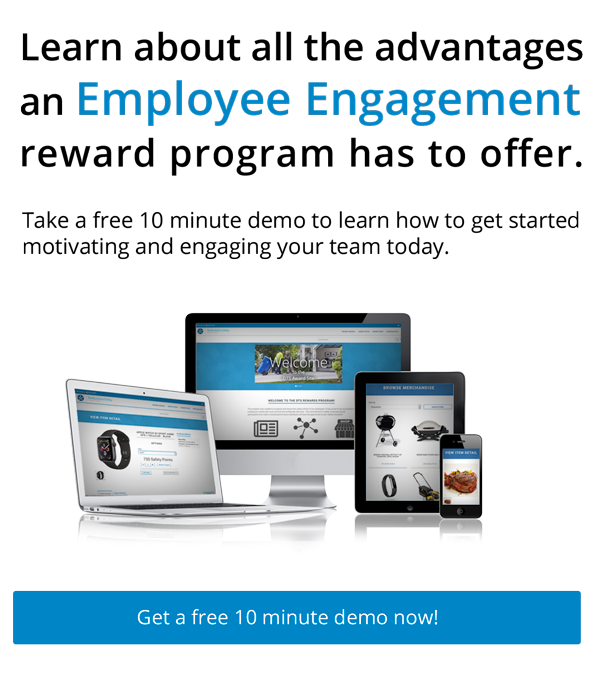
Attracting and retaining key talent has always been a top concern for business leaders and it is especially so in these days of historically low unemployment. Without accurate intelligence, business leaders are tempted to throw cash at the retention problem. Cash is King, right? So why not use cash to reward employees? Because research shows that tangible rewards are far more effective than cash.
According to an article in the Compensation & Benefits Review, “what really matters in the workplace is helping employees feel appreciated”. Other considerations for those tempted to use cash incentives are:
- Many employers (and therefore employees) confuse compensation with cash and cash-like incentives. A bonus or commission are part of a compensation structure – not an effective incentive. According to the Incentive Marketing Association, an incentive is something that incites to action or greater effort, such as a reward for increased productivity. The key is that an incentive is earned.Incentive programs are structured, they identify the audience that can affect the desired changes and offer a defined reward.
- While employees are likely to tell others about a merchandise reward they earned at work (a BBQ grill or luggage, for instance), they are less likely to talk about a cash reward. These conversations offer residual value for the company; the activity will be reinforced every time the employee uses the reward item.
- Select meaningful rewards that are appropriate for your employee audience and that reinforce your company’s brand, or better yet, offer a wide variety of tangible brand name items to give participants maximum choice. Very often, the team designing the recognition program is very different than the team that will be earning the rewards. It’s important to offer enough choices of tangible/experiential awards to properly motivate the target audience. Likewise, you’ll want to offer rewards that are consistent with your company values and brand attributes.
- The recognition is almost as important as the reward. It’s critical that a sincere expression of appreciation accompany the reward. This could be a printed point voucher and/or hand-written note from the boss or a formal presentation in front of peers from top leadership for extra special recognition.
- Consider instituting a peer-to-peer program. It’s very meaningful when an employee realizes that their efforts are recognized by their co-workers. Peer-to-peer programs can provide the structure for employees to recognize excellence in each other. This can be part of a points-based formal incentive, reward & recognition program, or could be as simple as a note posted on a physical board or digital platform, or both for maximum impact.
Of course, to recruit and retain the best talent, the starting point is compensation and benefits comparable to others in the industry. Companies that employ reward programs using tangible merchandise and experiential awards to recognize excellence have higher employee engagement levels, enjoy larger market share, experience lower turnover and absenteeism and realize a host of other benefits.



